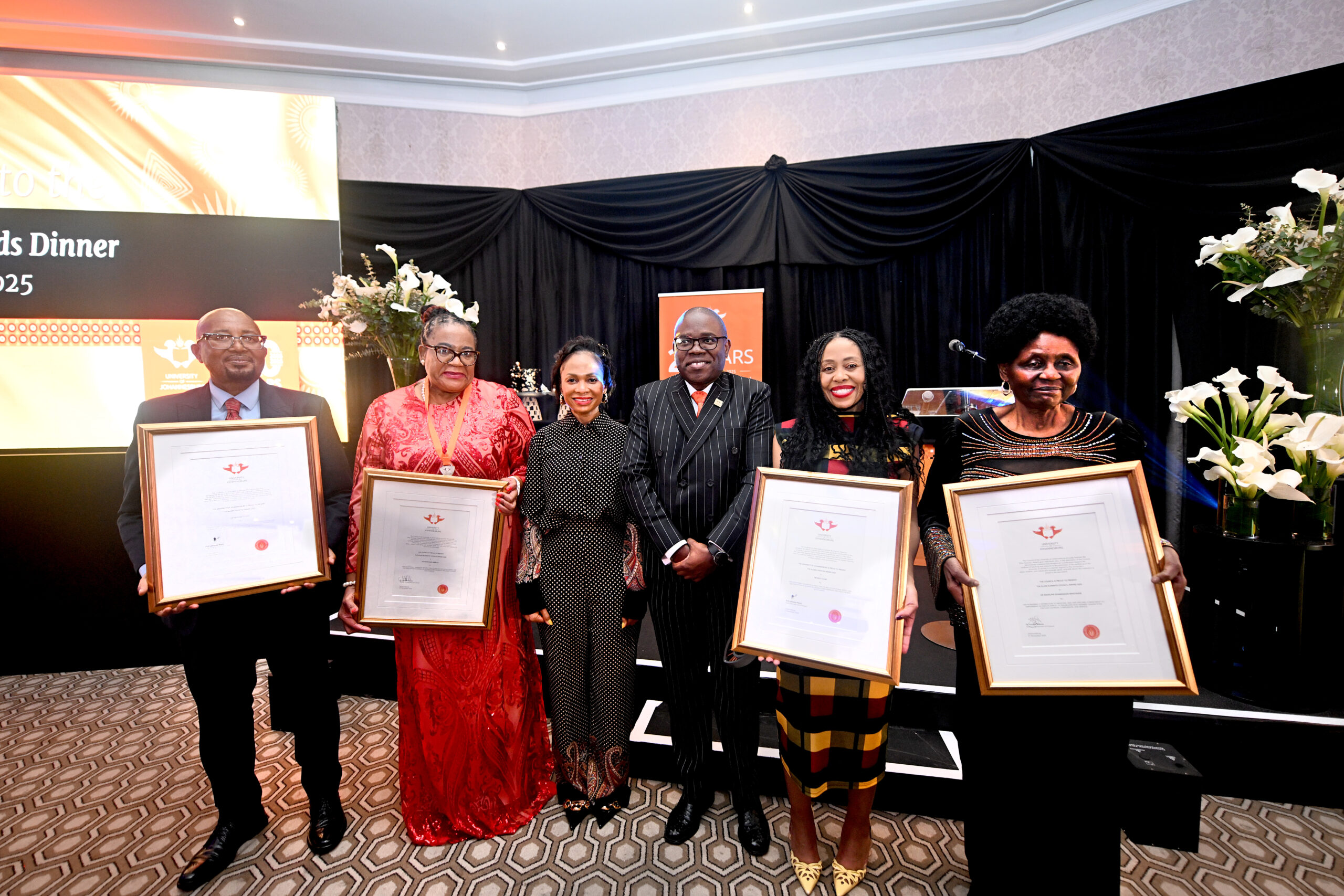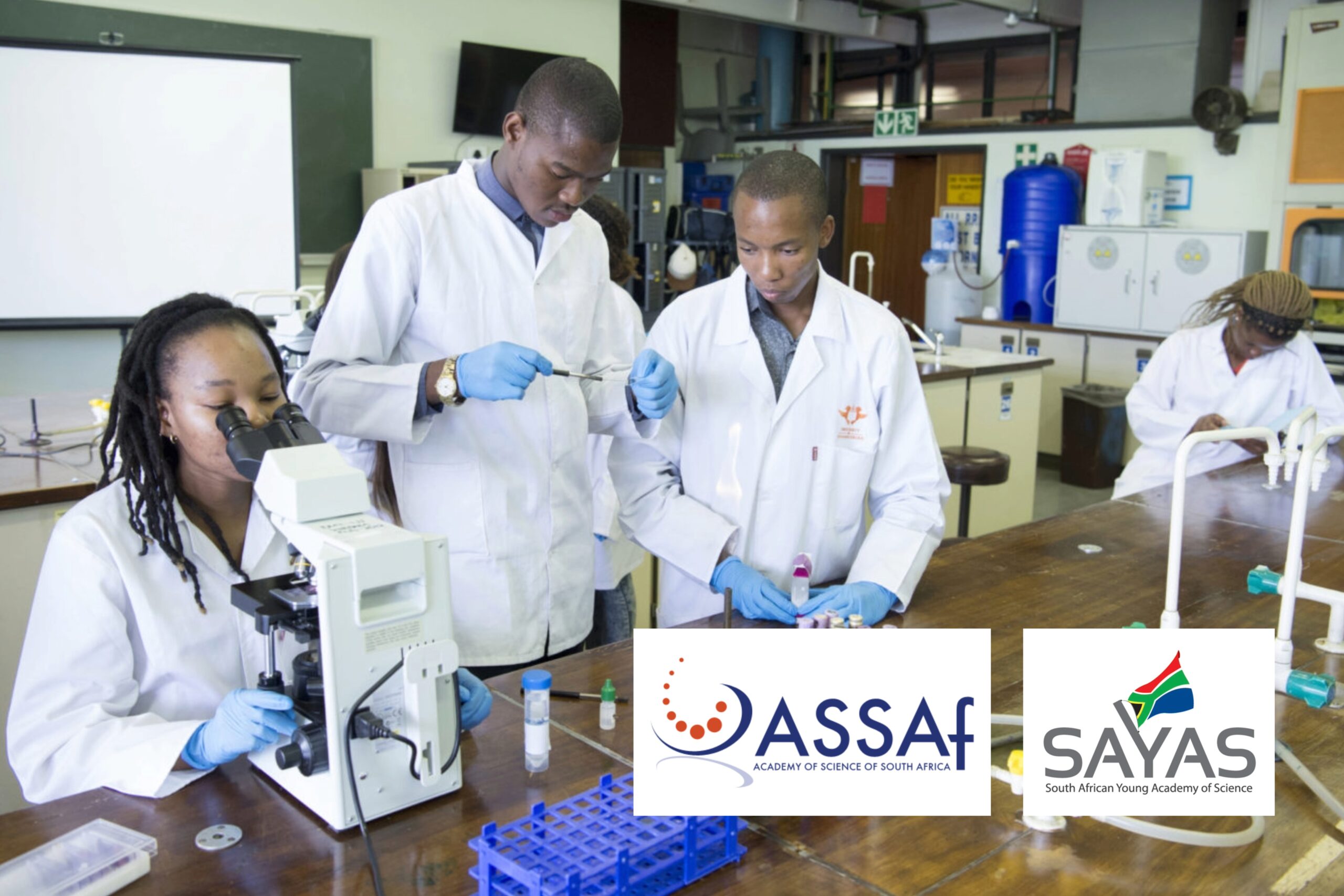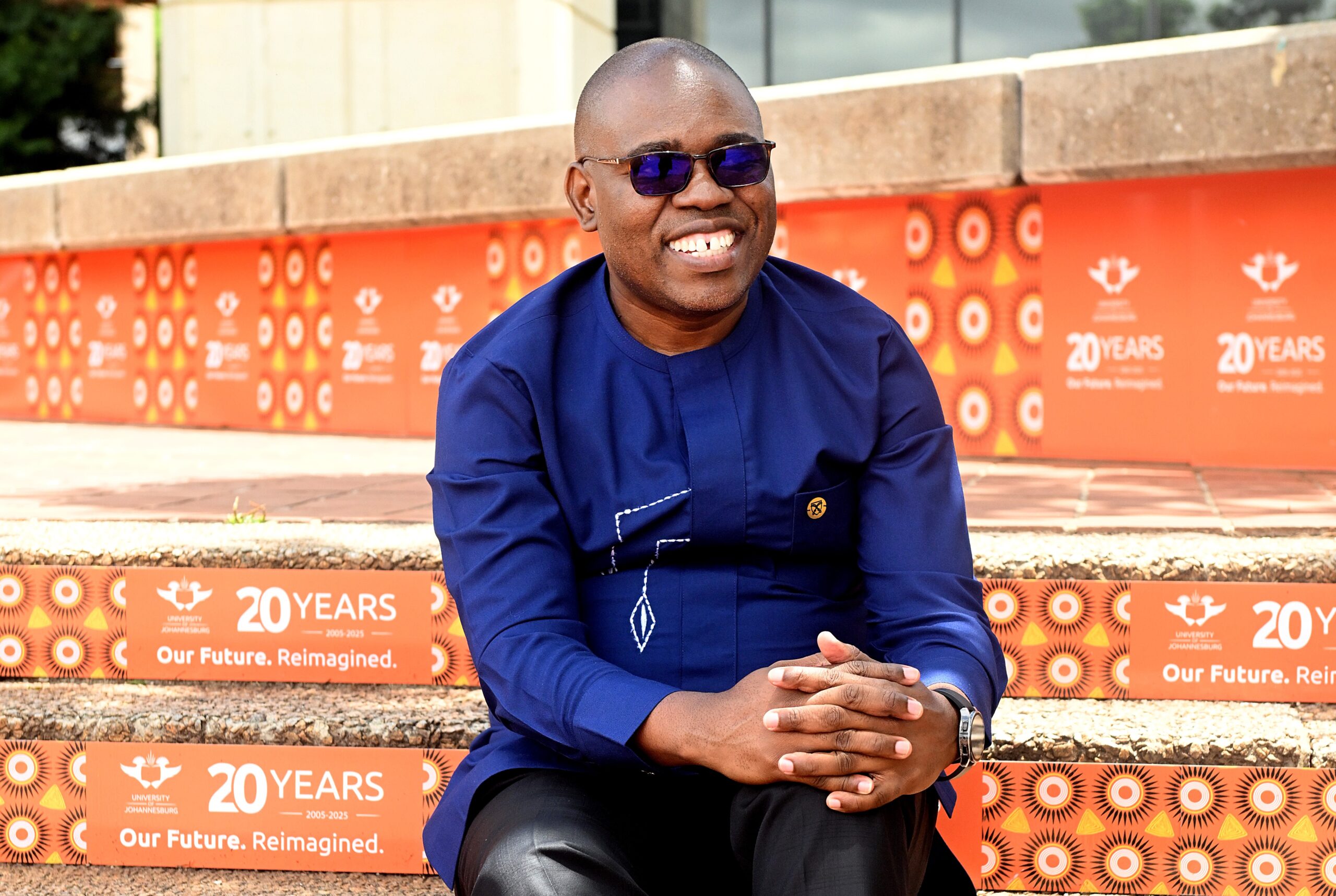The research was conducted to investigate the ways in which absent fathers perceive fatherhood, how they understand father absence in children’s lives and how to address this crisis. One father out of two is absent from his child’s life in South Africa’ according to the study of Absent Fathers in Johannesburg.
A key finding of the study is that half of South Africa’s fathers had a low level of involvement with their children in that they seldom or never saw their children. Those fathers who were positively involved in their children lives were more like to contribute to their financial support.
Positive father presence and involvement is associated with increased child protection and lower levels of high risk behaviour by fathers. In addition, they are more likely to retain steady employment and to be part of households with higher levels of expenditure.
“We wanted to highlight the importance of positive father presence in the lives of children by exploring the ways in which social and cultural factors may worsen father absence. We also wanted to recommend practical steps to address this.
The absent fathers who were part of the study were from Alexandra, Doornkop, Tembisa and Devland in Johannesburg. Group discussions with the forty fathers showed how society may respond to the challenge of absent fathers.
The fathers identified factors that influenced father absence, such as inflexible opinions about masculinity and gender roles, poverty, cultural challenges such as the payment of lobola and damages, and conflicts and communication breakdowns in parental relationships.
As one of the participants in the study pointed out, “Culture sometimes … makes us run away from our kids. I am a Zulu and I have a child that I raised from when she was still young, I supported her but as time went on I had to pay damages in order to see her. Even now, I am unable to see her because I don’t have money.”
Mavungu is quick to point out that for the fathers who are present in their children’s lives the challenge is to not just be a physical presence but a positive and involved presence.
“Positive father presence is not only about providing material or financial support, but providing guidance, cultural orientation, emotional support, recreational companionship and also taking part equally in care-work, especially during a child’s formative years,” he says.
Sonke’s Hayley Thomson de-Boor agrees. “Positive father presence means reducing the burden placed upon mothers and will benefit men themselves – enabling them to strengthen their skills in nurturing and caring, allowing them to become more emotionally aware, communicative and gentle. It is important for different forms of fatherhood to be promoted, rather than traditional ideas of men being silent, distant disciplinarians.
“Positive father presence is also about fathers taking their fair share of the domestic and care work and embracing gender equitable attitudes such as nonviolence, so positive father presence can be a pathway to reducing men’s involvement in risky behaviours including alcohol abuse, drug use, and violence.”
“Some of the ways in which positive father involvement can be stimulated is by increasing men’s exposure to childcare skills, parental leave for fathers, encouraging men’s participation in ante-natal classes and in childbirth, and developing support groups for fathers,” concludes Mavungu.
The message of the study is that paternal involvement is highly influenced by the way people think about fatherhood. The research encourages South Africans, fathers and men to participate in care activities and protection of children beyond being providers only.



